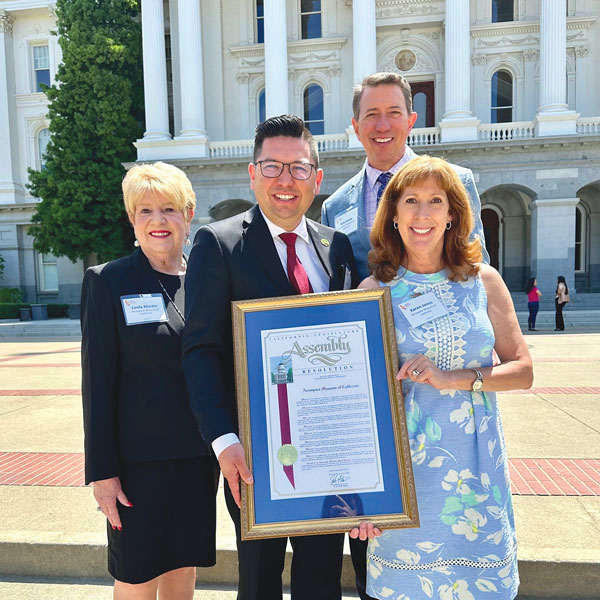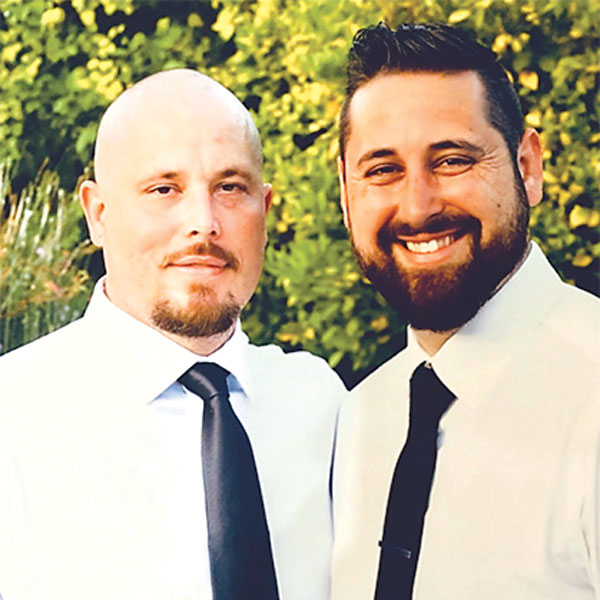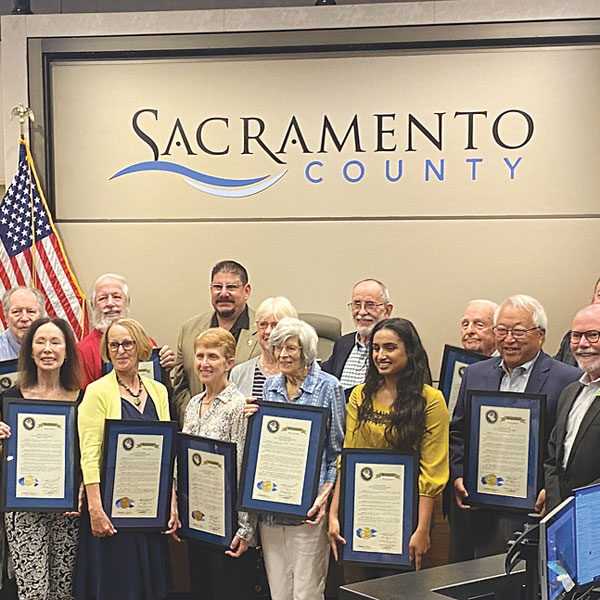
Out and About September 2023
Find out what is happening in Sacramento during the month of September!

Find out what is happening in Sacramento during the month of September!


Helen Dittus’ workout regimen is impressive. Every morning, she wakes up at 5:15 to take care of her two cats. Then she walks for an hour.
After breakfast, she goes to the gym. Then she teaches a senior exercise class at Belle Cooledge Library or Belle Cooledge Community Center. She finishes the day with another 1.5-mile walk.
The fact that Dittus turned 85 in April makes her workout impressive, though she insists she’s not superhuman.

You’re probably familiar with the five stages of grief: denial, anger, bargaining, depression and acceptance. But for Preston Zeller, there’s one more: painting.
When his brother Colin passed away of a fentanyl overdose in 2019 at age 35, Zeller used his love of painting to navigate his emotions. He created one painting each day for a year. The result is 365 abstract works in riots of colors, each 8 inches by 10 inches.
“It was sheer reflective personal art therapy,” Zeller says. “It was a process of rapid iteration, to express in a spontaneous way whatever I was feeling in the grief process.”

The first time Suzon Lucore was stopped by police for feeding a homeless man, her response was swift. “You have an ordinance to not feed the homeless,” she remembers saying at the time, “but is it illegal to feed a friend? This is my friend.”
Lucore has fed homeless people for almost two decades since moving to Midtown in 2007 after completing her bachelor’s degree in painting at California College of the Arts in the Bay Area.
“I saw all these people who were hungry and started feeding them,” she says.
